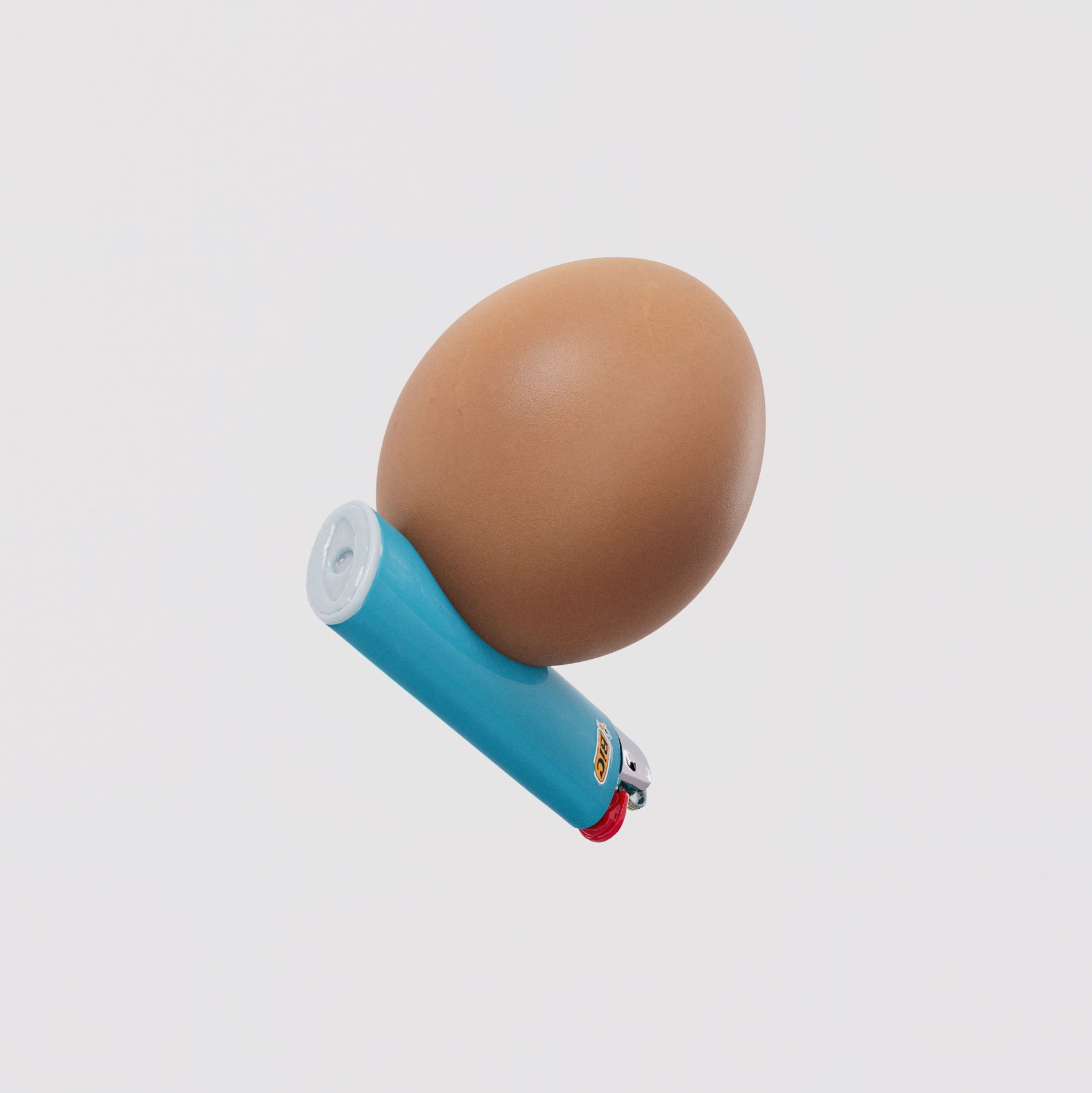From Ayluonne:
Professor Dolven began last class by running through the dramatis personae of the four visitors we have so far encountered and their practices for living among “the disciplines.” These strategies included generatively redefining/partially protecting the disciplinary boundaries between humanistic and scientific knowledge, tracing where disciplines saturate one another in the case studies of particular intellectual objects, and seeking a form of anti-disciplinarity which is safely (if counterintuitively) nested within a singular discipline.
In our discussion of Professor Erin Huang’s personae, we once again explored the importance of ‘the gap’ and the power of staying in the negative. We largely argued that Huang presented the fruitful merits of allowing disciplines to clash and how one could explore issues which span epistemological boundaries from a point of disjunction rather than conjunction—from where epistemologies misfit. Later on, we placed Huang’s work in conversation with Wendy Brown’s “Neoliberalized Knowledge” and probed the connections and disconnections. Wendy Brown’s “Neoliberalized Knowledge” illuminated the potential neoliberal logics within Huang’s own bibliographic kinship technique. Fedor further drew our attention to the potential faults in Brown’s own recuperative critique of the humanities, which suggests a purity to the humanities and their past. Fedor highlighted that this recuperation is impossible to reconcile with today’s treatment of the Western Cannon as a colonial and imperial artifact. We landed on this: Brown is still a thinking partner of ours. Where in our own critical interventions would she critically intervene?
Following the break, Professor Devin Fore joined us, and we launched several inquiries into the general framework of Kluge’s History and Obstinacy and Fore’s process of translating the work. Fore explained his particular orientation towards Kluge as one of genuine curiosity and marvel at having found a largely unknown intellectual endeavor. (“It was as if Kluge was whispering in my ear.”) After establishing Kluge as interested in the specificities of the German public sphere of production, Fedor prompted an exploration of the quote on Pg. 121 in which Kluge quotes Marx’s definition of critique: a mode of articulating a field of engagement rather than critique against a particular ideology; critique is furthermore a parsing, while production is part of the continuous realm of transformation. “What is counterproduction, and how do you do it?” also emerged as questions worth wrestling with together, perhaps in our respective lives and works as well.
Along this line, we engaged Anthropology as one of the disciplines that Kluge may have indirectly engaged since his empirical engagement with the political ecology of labor was phenomenological and his analysis nested the activity of labor within a field of capitalist ethos, telos, and materiality. In other words, Kluge showcased how abstract notions of labor and capital have real force in generating realities which exceed the sites of labor and produce an “abundance of experience” (Kluge 126). Paul also raised the question of how the broader field that was the 1980’s refracted within Kluge’s work, and whether the socio-political ambience of the 21st-century reader would refract differently?
As a way of condensing the remainder of the class period, which was rich in discussion, I will center on the figure of the female pipe welder as a subject-object to explore the additional themes. Focusing on the pipe welder’s act of stretching as a site of obstinacy, rather than counterproduction, Professor Dolven drew our attention to how said the strategic act was always rooted in the somatic. Between several of us, we raised the question of whether obstinacy (here, stretching) is self-will working against the horizon of historical materialism or whether it is depersonalized? How does this distinguish from subjectivity; is it incompatible with that framework, in the Anthropological sense? Is there a disciplinary gap in our understanding of subjectivity?
Lastly, at the start of the session with Fore and at its end, we discussed Kluge’s intellectual universe and genealogies. Fore traced Kluge’s analytical and disciplinary lineage as moving alongside and against Adorno and Lukács, and as looping in Deleuze’s conceptions of the virtual and actual while not stating these influences explicitly. One interesting point that we wondered aloud was whether “there was [and always is] something in the air”—the humbling notion that there is no originality in thought. Could ideas, in this case, ever be owned?
